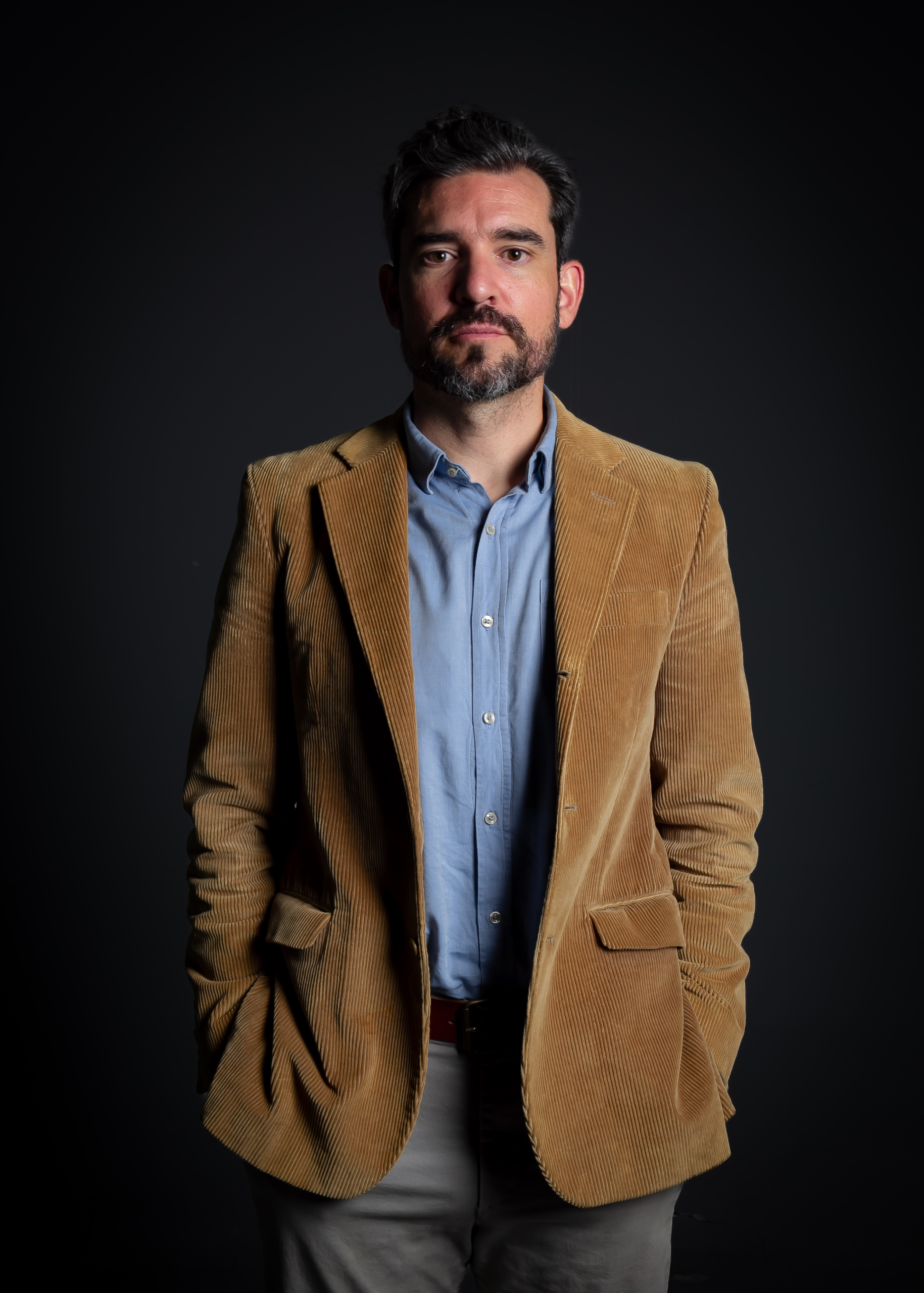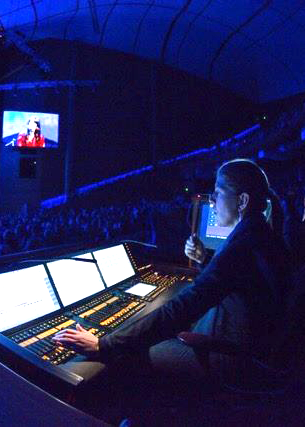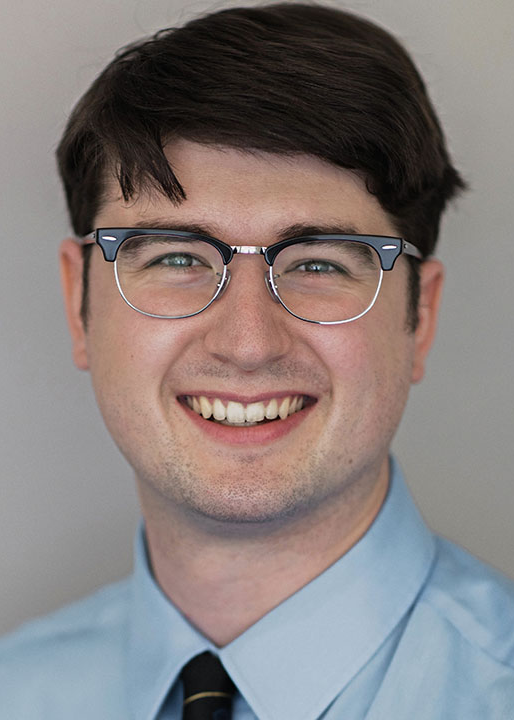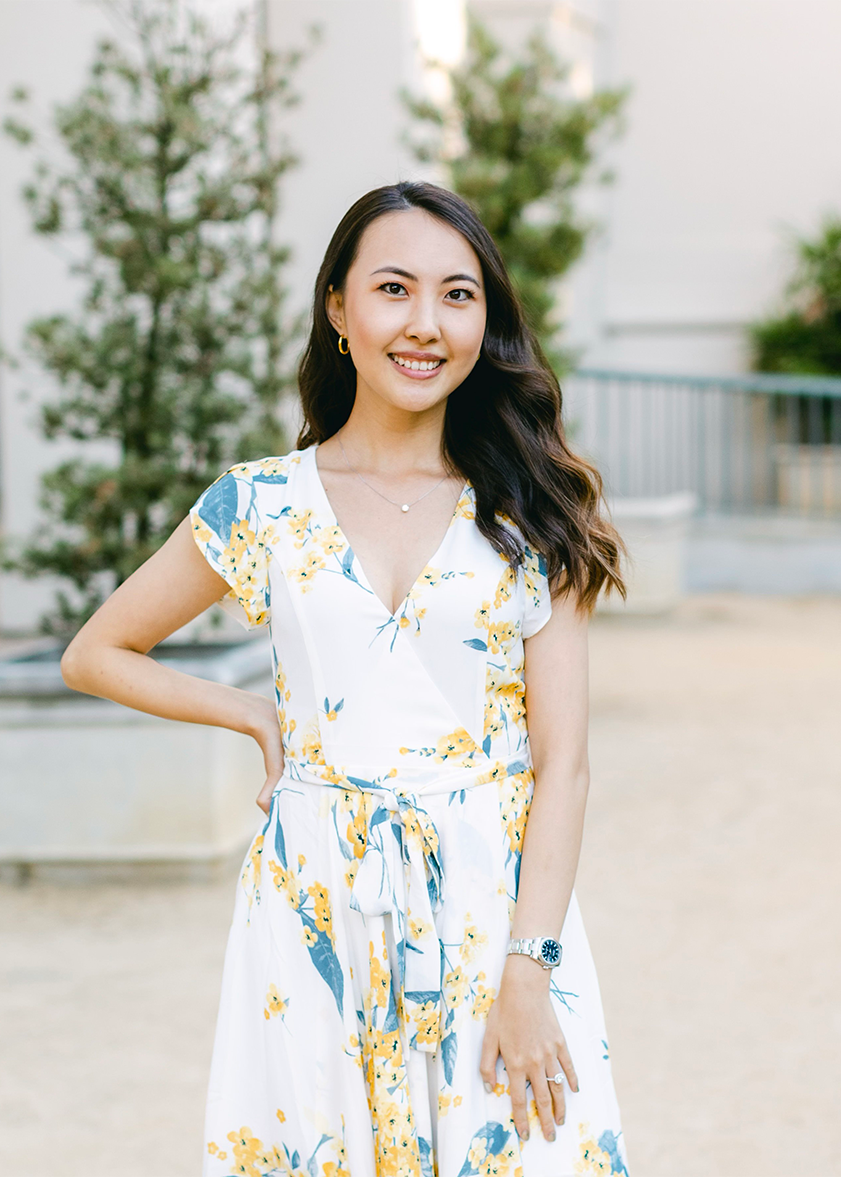Jorge Izquierdo Salvador

Why did you choose your program at UBC and what did you enjoy most about it?
Pursuing my PhD in Hispanic Studies at UBC was incredibly important to me as an individual and as a professional. A career in the arts had been a calling for me since I was young. Eventually, I followed the path that I needed to follow, and UBC provided me with a lot intellectually.
What were some of your most meaningful experiences at UBC?
My teachers and supervisors at the Department of French, Hispanic and Italian Studies (FHIS) were great, engaging, and inspiring. I will never forget them!
I’m also a writer, so remembering my time in the Pacific Northwest is part of my everyday work in writing fiction and autobiographical essays.
What choices did you make at UBC that contributed to your career success / journey?
I became a teacher thanks to experience I gained through UBC’s Teaching Assistantship (TA) opportunities and, prior to that, during my master’s program at the University of Washington in Seattle.
This experience was key. Many people don’t have the opportunity that I had to learn how to teach while studying. I was able to gain a lot of experience in classrooms and to work alongside great faculty members and other TAs.
What was your first job after graduation and what other jobs did you have before your current position?
After graduating from UBC in 2018, I became a full-time professor at Universidad de las Américas (UDLA). Prior to that, between 2015 and 2018, I worked at Universidad de las Artes, a public institution in Guayaquil, Ecuador. Here, I taught courses in the university’s literature and visual arts programs.
In early 2019, I became the coordinator of UDLA’s new honours program. In this role, I led a variety of academic innovations, and, by the end of 2020, I was asked to lead UDLA’s Faculty of General Education as its dean. I didn’t actively pursue this role, but I had become quite involved at UDLA and feel comfortable in leadership positions, so it was natural to accept the offer.
Is your current career path as you originally intended? What challenges did you face in launching your career?
Things are different in Ecuador. There are fewer universities, fewer positions in the humanities, and a different higher education culture.
I’ve faced many challenges along my career path. My time working at a public university was during a highly problematic political period in Ecuador. Now, at the private university I work at, there are many ongoing challenges such as creating a more professional environment for professors.
There is no such thing as a tenure-track here and there aren’t many funds for research, at least not for the humanities. Yet, we do have other things going for us such as innovation in teaching and social responsibility.
I try to overcome the challenges I face in my career, but such is life, no? I don’t feel like I have overcome them yet. There are good days and there are bad days, but we endure.
What do you like about your current job and what do you find challenging? How does it relate to your degree?
As Dean of General Education at UDLA, my main task is leadership. This involves working a lot with other people and dealing with academic, personal, extracurricular, and administrative matters. Overall, I oversee small teams of administrative staff and about 20 full-time and 20 part-time professors working in the Humanities Program and Foreign Languages Program at UDLA’s Faculty of General Education.
My position holds and creates in me a feeling of great responsibility, not only towards the institution but also towards my teams and students. Our work isn’t only about fulfilling requirements. In many cases, what we do creates some of the few opportunities for students in Ecuador, where higher education isn’t as established, to obtain an education in the humanities.
The job also comes with a certain unpredictability that I enjoy most of the time. Every day brings a new challenge.
I enjoy working with others and being a leader, but my favorite aspect of work is still teaching. Coming into a classroom with a very clear assignment, going on fieldtrips, improvising from scratch, combining learning techniques, trying out new ways to keep students’ attention, listening to students…all of this makes it worthwhile.
From your experience, what has been the value of having an Arts degree?
An easy way to answer this question would be to say that I had no other option other than to pursue an degree in the arts. I followed a path that I needed to towards a career I had aspired to since I was young.
Overall, I believe the humanities must persist as a way of helping us understand ourselves and critically question ourselves. What is done in the arts is often downplayed, yet there are also constant signs that humans, many humans, need the arts in some way. For instance, in the recent pandemic, many people got through only because they had movies, music, literature, and opera and theatre livestreams. How would it have looked like without the arts? How would the world look without the arts moving forward?
What advice would you give to students and alumni interested in breaking into your industry?
Never forget the teaching. I say this because we often discredit what goes on with younger students as being less engaging or less fruitful. Curriculum teaching is a steady job, but also a fascinating lab of ideas, a workshop on leadership and what works and what doesn’t for learning and communicating in pedagogy. Effective communication is a big part of what we attempt in class, and this has an effect on larger scale projects across academia.
What advice would you give your graduating self?
Did you make the most out of it? Were you the best imaginable version of yourself? Probably not, I’m sure you could have done better. You could have used your time in wiser ways. Learn from how you felt, and keep working.
Jorge Izquierdo Salvador



Why did you choose your program at UBC and what did you enjoy most about it?
Pursuing my PhD in Hispanic Studies at UBC was incredibly important to me as an individual and as a professional. A career in the arts had been a calling for me since I was young. Eventually, I followed the path that I needed to follow, and UBC provided me with a lot intellectually.
What were some of your most meaningful experiences at UBC?
My teachers and supervisors at the Department of French, Hispanic and Italian Studies (FHIS) were great, engaging, and inspiring. I will never forget them!
I’m also a writer, so remembering my time in the Pacific Northwest is part of my everyday work in writing fiction and autobiographical essays.
What choices did you make at UBC that contributed to your career success / journey?
I became a teacher thanks to experience I gained through UBC’s Teaching Assistantship (TA) opportunities and, prior to that, during my master’s program at the University of Washington in Seattle.
This experience was key. Many people don’t have the opportunity that I had to learn how to teach while studying. I was able to gain a lot of experience in classrooms and to work alongside great faculty members and other TAs.
What was your first job after graduation and what other jobs did you have before your current position?
After graduating from UBC in 2018, I became a full-time professor at Universidad de las Américas (UDLA). Prior to that, between 2015 and 2018, I worked at Universidad de las Artes, a public institution in Guayaquil, Ecuador. Here, I taught courses in the university’s literature and visual arts programs.
In early 2019, I became the coordinator of UDLA’s new honours program. In this role, I led a variety of academic innovations, and, by the end of 2020, I was asked to lead UDLA’s Faculty of General Education as its dean. I didn’t actively pursue this role, but I had become quite involved at UDLA and feel comfortable in leadership positions, so it was natural to accept the offer.
Is your current career path as you originally intended? What challenges did you face in launching your career?
Things are different in Ecuador. There are fewer universities, fewer positions in the humanities, and a different higher education culture.
I’ve faced many challenges along my career path. My time working at a public university was during a highly problematic political period in Ecuador. Now, at the private university I work at, there are many ongoing challenges such as creating a more professional environment for professors.
There is no such thing as a tenure-track here and there aren’t many funds for research, at least not for the humanities. Yet, we do have other things going for us such as innovation in teaching and social responsibility.
I try to overcome the challenges I face in my career, but such is life, no? I don’t feel like I have overcome them yet. There are good days and there are bad days, but we endure.
What do you like about your current job and what do you find challenging? How does it relate to your degree?
As Dean of General Education at UDLA, my main task is leadership. This involves working a lot with other people and dealing with academic, personal, extracurricular, and administrative matters. Overall, I oversee small teams of administrative staff and about 20 full-time and 20 part-time professors working in the Humanities Program and Foreign Languages Program at UDLA’s Faculty of General Education.
My position holds and creates in me a feeling of great responsibility, not only towards the institution but also towards my teams and students. Our work isn’t only about fulfilling requirements. In many cases, what we do creates some of the few opportunities for students in Ecuador, where higher education isn’t as established, to obtain an education in the humanities.
The job also comes with a certain unpredictability that I enjoy most of the time. Every day brings a new challenge.
I enjoy working with others and being a leader, but my favorite aspect of work is still teaching. Coming into a classroom with a very clear assignment, going on fieldtrips, improvising from scratch, combining learning techniques, trying out new ways to keep students’ attention, listening to students…all of this makes it worthwhile.
From your experience, what has been the value of having an Arts degree?
An easy way to answer this question would be to say that I had no other option other than to pursue an degree in the arts. I followed a path that I needed to towards a career I had aspired to since I was young.
Overall, I believe the humanities must persist as a way of helping us understand ourselves and critically question ourselves. What is done in the arts is often downplayed, yet there are also constant signs that humans, many humans, need the arts in some way. For instance, in the recent pandemic, many people got through only because they had movies, music, literature, and opera and theatre livestreams. How would it have looked like without the arts? How would the world look without the arts moving forward?
What advice would you give to students and alumni interested in breaking into your industry?
Never forget the teaching. I say this because we often discredit what goes on with younger students as being less engaging or less fruitful. Curriculum teaching is a steady job, but also a fascinating lab of ideas, a workshop on leadership and what works and what doesn’t for learning and communicating in pedagogy. Effective communication is a big part of what we attempt in class, and this has an effect on larger scale projects across academia.
What advice would you give your graduating self?
Did you make the most out of it? Were you the best imaginable version of yourself? Probably not, I’m sure you could have done better. You could have used your time in wiser ways. Learn from how you felt, and keep working.



